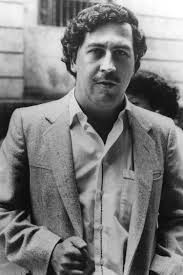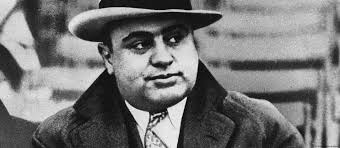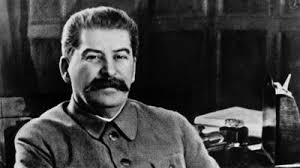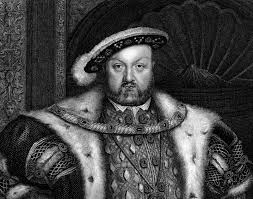Becoming a Better Dad
What Defines a Good Dad Versus a Bad Dad
Being a parent is a complex and challenging role, especially in the context of divorce. It’s important to understand the qualities that differentiate a good dad from a bad dad, as these distinctions can have a significant impact on the well-being of your children.
Before we delve into the characteristics that define a good dad versus a bad dad, it’s essential to remember that every parent’s journey is unique, and there is no one-size-fits-all approach to fatherhood.
The Qualities of a Good Dad:
- 1. Emotional Support: A good dad is emotionally present and supportive of their children’s feelings and needs. They provide a safe space for open communication and expression.
- 2. Consistency: Consistency in behavior and discipline helps children feel secure and develop a sense of stability.
- 3. Active Listening: A good dad listens attentively to their children without judgment, showing empathy and understanding.
- 4. Positive Role Model: Being a positive role model by demonstrating good values, respect, and integrity sets a strong foundation for children to follow.
- 5. Involved Parenting: Involvement in your children’s lives, activities, and education demonstrates your commitment and care for their well-being.
The Characteristics of a Bad Dad:
- 1. Emotional Neglect: Ignoring or dismissing your children’s emotions can lead to feelings of abandonment and insecurity.
- 2. Inconsistency: Inconsistent behavior and discipline can confuse children and hinder their emotional development.
- 3. Authoritarianism: Being overly controlling and authoritative can strain your relationship with your children and lead to resentment.
- 4. Absence: Physical or emotional absence from your children’s lives can have long-lasting negative effects on their self-esteem and well-being.
- 5. Negative Role Model: Behaving in a manner that goes against moral values and integrity can influence your children negatively.
Understanding the traits that define a good dad versus a bad dad can help you reflect on your own parenting style and make positive changes where necessary for the sake of your children’s happiness and development.
For additional insights and support on navigating the complexities of fatherhood post-divorce, consider seeking guidance from a professional mediator or therapist. Remember, your role as a dad is invaluable and has a lasting impact on your children’s lives.
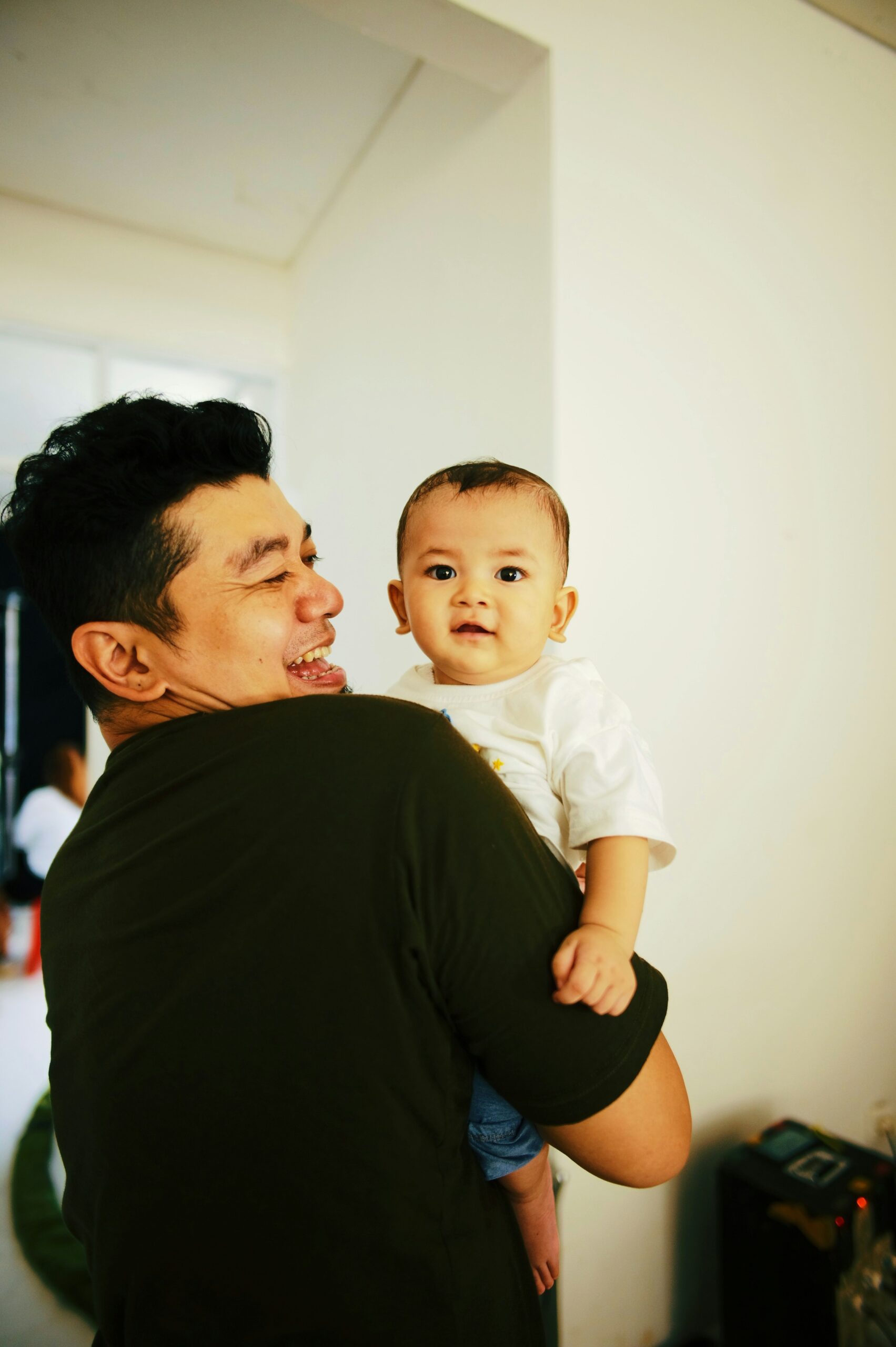
For further resources and support on parenting during and after a divorce, visit visonesenatore.net.
…


